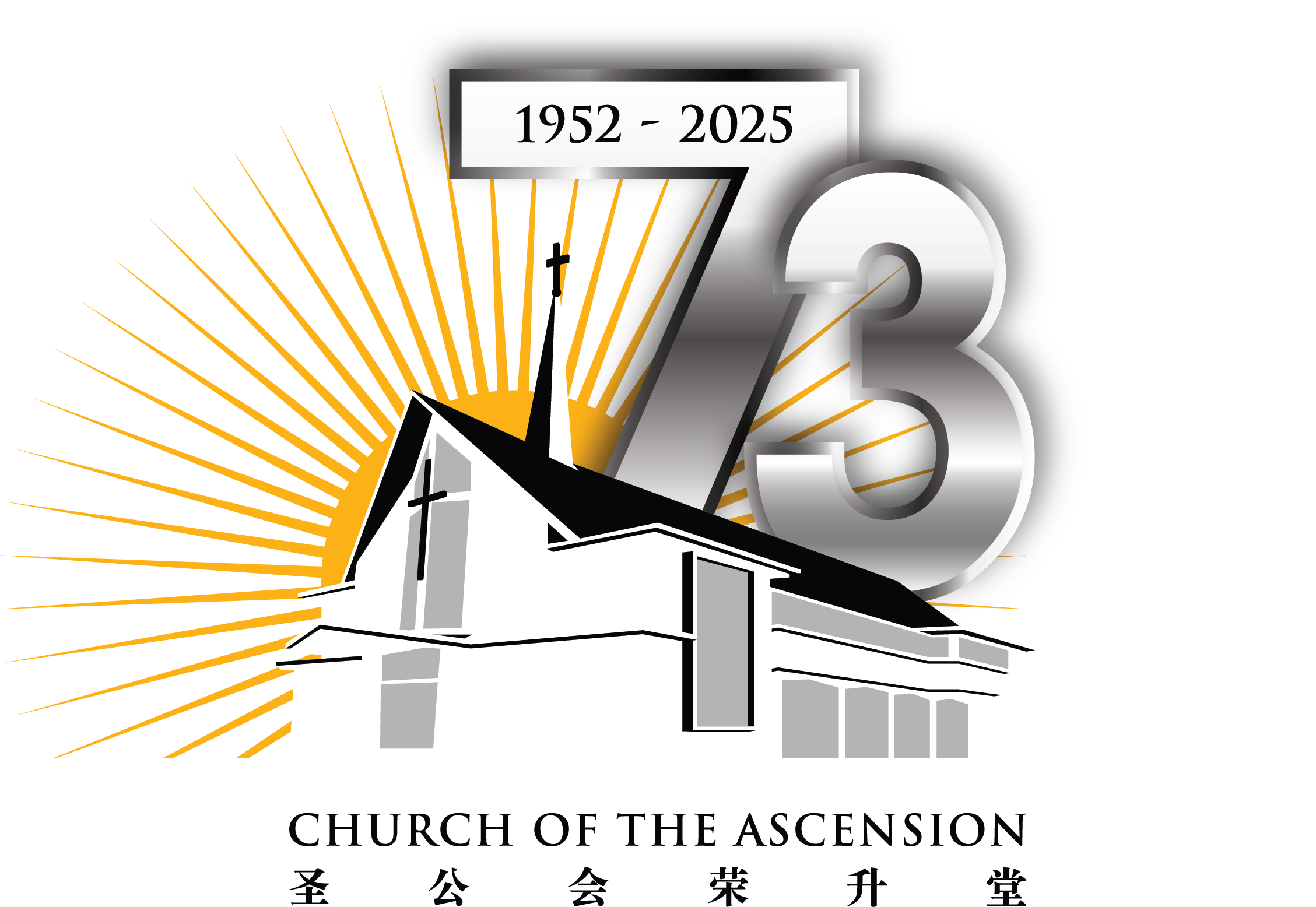Dear COA Family,
How do we understand the nature of God’s will for our lives?
This is a most important question as it will help us to know and accomplish God’s will for us – his good, pleasing and perfect will (Romans 12:2).
One way of understanding God’s will is that it is fixed and we only need to hear God’s voice clearly in our hearts and minds. Then we can carry them out in a specific manner.
The Quakers, also known as the Religious Society of Friends, is one such example. Quakerism emerged in the 17th century and emphasizes a direct and personal experience of God’s guidance. They believe that every individual has direct access to the inner light that is within them. Their worship services often involve long periods of silent waiting and listening for God’s guidance on specific matters.
While this way of discerning God’s will in this manner has its merits of stilling one’s heart and mind from anxiety and fear, I believe that it leads to an unfortunate consequence. That is, it leads a person or a congregation to excessive passivity. This can ironically lead them to miss out on God’s purposes!
A common modern-day argument that I hear from some people is this: “Unless the Lord tells me clearly and specifically to do something or move in a certain direction, I will not do it. I will remain in my current situation. I will wait for the Lord.” They will not take the initiative but wait passively for clear signs to act.
Yet in the book of Acts, we often see the apostles on the move, acting in faith in response to possibilities or doors opened by God. They often used their enlightened reasoning to make decisions and trust the Spirit to lead and guide them along the way. And the result was that the church was grew exponentially and many were greatly blessed.
One prime example is the apostle Paul on his missionary journeys. He would often take the initiative to make plans to bring to the gospel to unreached cities and depend on the Holy Spirit to guide him. He and his companions tried to enter Bithynia once, but the Spirit did not allow them to but directed him to Macedonia in a dream instead (Acts 16:7). This led to the establishment of the church in Philippi, from which we get the letter to the Philippians.
This way of understanding God’s will is especially important as we enter the season of Advent. It is not a season of waiting passively for the coming of Christ to earth. Rather, true waiting involves active preparation and work, so that we might be found prepared and ready to enter into in the new life when Christ comes again.
This is a right approach to finding out God’s will for our lives.
Blessings,
Revd Ian
